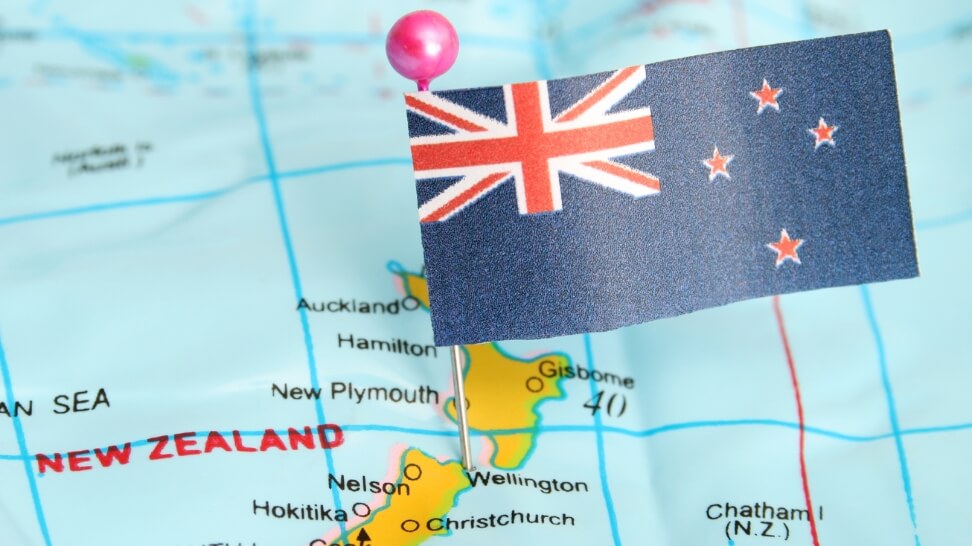
The Cook Islands is one of the best jurisdictions in the world for protecting assets through trusts. If you’re considering using a Cook Islands Trust to protect your wealth, you might wonder why this small island nation is a good choice. The Cook Islands, although independent, has a close relationship with New Zealand.
The Cook Islands and New Zealand have a long history and strong connections in culture, politics, and economics. By collaborating, they can build a future of shared prosperity and unity. This article examines the history, current relationship, and future prospects of the Cook Islands and New Zealand.
Historical Context: From Colonization to Self-Governance
Polynesians first settled in the Cook Islands. European explorers arrived in the 18th century, and the islands eventually came under British control. In 1901, New Zealand annexed the Cook Islands.
Throughout the 20th century, the Cook Islands gained more independence. In 1965, they became a self-governing territory associated with New Zealand, keeping New Zealand citizenship for their people. This was formalized in the Cook Islands Constitution Acts of 1964 and 1965.
Contemporary Dynamics: Partnership and Interdependence
Today, the Cook Islands and New Zealand have a relationship based on mutual respect and shared interests. New Zealand supports the Cook Islands in education, healthcare, infrastructure, and economic development.
New Zealand is supportive of the Cook Islands’ economy. Many Cook Islanders live in New Zealand and send money back home. Tourism from New Zealand also boosts the Cook Islands’ economy. Additionally, New Zealand invests in infrastructure projects in the Cook Islands.
Culturally, both countries share Polynesian heritage, which strengthens their bond.
Legal Cooperation and Political Relations
The legal relationship between the Cook Islands and New Zealand is based on free association, giving the Cook Islands significant autonomy. The Cook Islands has its own legal system but cooperates closely with New Zealand, especially in legal matters. This cooperation adds to the Cook Islands’ stability as a center for offshore trusts.
The Cook Islands’ legal framework is established by the Cook Islands Constitution Acts of 1964 and 1965. These acts allow the Cook Islands to govern itself while New Zealand handles defense and foreign affairs.
The Cook Islands’ legal system is based on English common law. However, the Cook Islands has its own legal framework, including statutes, regulations, and caselaw that reflect the unique culture and society there. The Cook Islands also have their own Parliament, courts, and legal institutions, separate from New Zealand’s legal system.
The Cook Islands has a court system that consists of several levels:
– High Court: The highest court, dealing with civil and criminal matters, including lawsuits regarding Cook Islands Trusts. The Chief chief Justicejustice, usually a New Zealand judge, is appointed by the Queen of New Zealand.
– Court of Appeal: Hears appeals from the High high Courtcourt. Judges are appointed by the Queen queen on the Cook Islands government’s advice.
– Land Court: Deals with land ownership and disputes, important for the Cook Islands’ culture and heritage.
Despite its autonomy, the Cook Islands works closely with New Zealand in legal matters. They have training programs and agreements to assist each other.
However, issues of sovereignty and self-determination create some complexity. While the Cook Islands are mostly self-governing, New Zealand still handles defense and foreign affairs. Some people in the Cook Islands want full independence, while others prefer the current arrangement.
Future Prospects
The Cook Islands and New Zealand face challenges and opportunities as they move forward. The Cook Islands aims to diversify its economy and strengthen regional cooperation.
New Zealand, as a key partner, supports the Cook Islands’ development while respecting its independence. Working together on renewable energy, sustainable tourism, and disaster resilience strengthens their relationship.
As global dynamics change, the Cook Islands and New Zealand need to adapt. Engaging with other Pacific nations and promoting regional cooperation will help secure their future.
Conclusion
In summary, the Cook Islands’ legal arrangements with New Zealand are characterized by a balance between autonomy and cooperation. This gives the Cook Islands unique advantages in the world of offshore trusts. While the Cook Islands maintains its own legal system and institutions, it also benefits from its relationship with New Zealand. New Zealand helps increase the stability and continuity of the government in the Cook Islands, particularly in areas such as defense, foreign affairs, and legal capacity-building.
This partnership, based on shared history and culture, will continue to evolve, and shape the future of both nations and the Pacific region.


